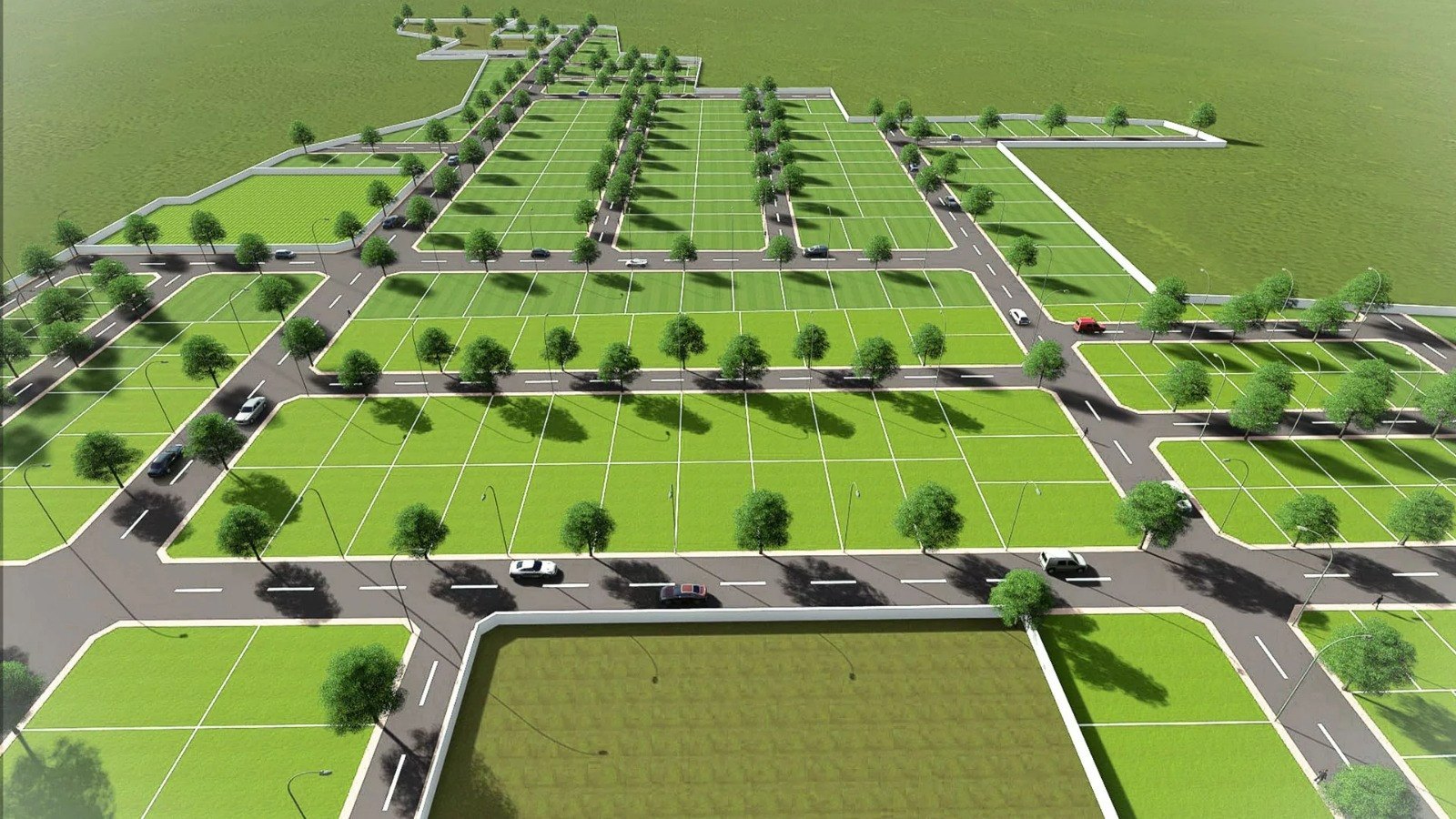The United Arab Emirates real estate sector is experiencing a technological transformation that’s reshaping how properties are managed, tenants are served, and investments are optimized. From residential complexes to commercial towers, property owners and managers are embracing digital solutions that streamline operations and enhance profitability.
This evolution reflects the UAE’s broader commitment to becoming a global technology hub, with the real estate industry leading innovation adoption. Modern property professionals recognize that success depends on leveraging advanced tools that automate routine tasks, improve tenant satisfaction, and provide actionable business insights.
The shift toward digital property management represents more than just technology adoption – it’s a fundamental change in how real estate businesses operate in an increasingly competitive and regulated market environment.
Property Management Software
Contemporary property management software has revolutionized how real estate portfolios are administered, offering comprehensive platforms that handle everything from tenant screening to maintenance scheduling. These sophisticated solutions integrate multiple business functions into unified systems that eliminate paperwork, reduce errors, and improve operational efficiency.
Modern platforms feature cloud-based architectures that provide anytime, anywhere access to critical property information. Property managers can monitor multiple buildings, track rental payments, generate financial reports, and communicate with tenants through centralized dashboards that simplify complex operations.
Advanced features include automated rent collection, maintenance request tracking, lease management, and financial reporting capabilities. Many solutions also incorporate tenant portals where residents can pay rent online, submit service requests, and access important property information without contacting management directly.
The software typically includes accounting modules that handle rent roll management, expense tracking, budget forecasting, and tax reporting. Integration with popular accounting platforms ensures seamless financial data flow and simplifies year-end reporting requirements.
Machine learning capabilities within modern platforms analyze tenant behavior patterns, maintenance trends, and market conditions to provide predictive insights that help optimize property performance and prevent potential issues before they escalate.
Property Management Software UAE
The UAE’s dynamic real estate market has created specific requirements for property management technology, including compliance with local regulations, support for multiple currencies, and integration with government portals. Software solutions serving the UAE market address these unique needs while providing world-class functionality.
Local implementations must accommodate the UAE’s diverse tenant population, supporting multiple languages including Arabic and English. They also need to handle complex lease structures common in the region, including security deposits, housing allowances, and utility arrangements specific to UAE rental practices.
Integration with UAE banking systems enables seamless rent collection through local payment methods, while compliance features ensure adherence to Real Estate Regulatory Agency (RERA) requirements and other local regulations governing property management activities.
The UAE’s focus on smart city initiatives has driven demand for IoT-enabled property management solutions that can integrate with building automation systems, energy management platforms, and security systems to create truly intelligent buildings.
Cloud-based solutions are particularly popular in the UAE due to their scalability and ability to support property managers overseeing portfolios across multiple emirates or even internationally, which is common in the region’s investment-focused market.
Property Management Software Dubai
Dubai’s position as the Middle East’s premier real estate hub has made it a focal point for property management technology innovation. The emirate’s diverse property portfolio, ranging from luxury residential towers to massive commercial developments, requires sophisticated management solutions.
The Dubai property market’s international character demands software capable of handling multi-currency transactions, international tenant requirements, and complex ownership structures involving global investors. Solutions serving Dubai properties often include features for managing holiday rentals, corporate housing, and premium amenities.
Dubai’s regulatory environment, overseen by the Dubai Land Department and RERA, requires software that can generate compliance reports, track property registrations, and maintain detailed records for audit purposes. These regulatory features are essential for property managers operating in Dubai’s well-regulated market.
The emirate’s luxury property segment has driven development of premium features including concierge service management, amenity booking systems, and integration with high-end building services. These capabilities cater to the expectations of affluent tenants common in Dubai’s prime locations.
Dubai’s tech-forward approach has accelerated adoption of artificial intelligence and automation features within property management platforms, with many local providers offering predictive maintenance, automated tenant communication, and intelligent pricing recommendations.
Conclusion
The UAE’s property management software landscape continues evolving rapidly, driven by technological advancement and market demands. Property managers who embrace comprehensive digital solutions position themselves for improved operational efficiency, enhanced tenant satisfaction, and stronger financial performance.
Success in today’s competitive market requires selecting platforms that combine robust functionality with local market understanding. The investment in advanced property management technology delivers measurable returns through reduced operational costs, improved tenant retention, and enhanced property values.
Frequently Asked Questions (FAQs)
1. What specific features should UAE property managers look for in management software? Essential features include Arabic language support, multi-currency handling, RERA compliance reporting, integration with UAE banking systems, automated rent collection, maintenance management, tenant portals, and financial reporting. Advanced features might include IoT integration and predictive analytics capabilities.
2. How do property management software costs compare between Dubai and other UAE emirates? Software costs are generally consistent across the UAE, but Dubai-specific solutions may include premium features for luxury properties and international tenant management. Most vendors offer tiered pricing based on property count and feature requirements, with costs ranging from AED 50-500 per unit per month.
3. Can property management software integrate with existing accounting systems used in the UAE? Yes, leading platforms offer integration with popular UAE accounting software including Tally, QuickBooks Middle East, and SAP. They also connect with local banking systems and government portals for seamless data exchange and compliance reporting.
4. What are the compliance requirements for property management software in Dubai? Dubai property management software must support RERA reporting requirements, maintain detailed tenant and property records, generate required compliance reports, and ensure data security according to UAE regulations. The software should also handle tenancy contract registration and renewal processes.
5. How long does it typically take to implement property management software for a UAE property portfolio? Implementation timelines vary based on portfolio size and complexity, but most UAE deployments take 2-8 weeks. Factors affecting timeline include data migration from existing systems, staff training requirements, and integration with local banking and government systems. Larger portfolios may require 3-6 months for full implementation.





